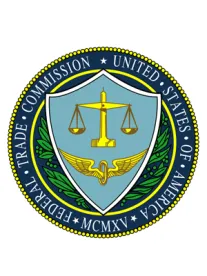The Federal Trade Commission has released a new document and video for online influencers that addresses how to ensure that consumers are aware of advertising relationships. FTC attorneys actively enforce the Endorsement Guides, including the disclosure of material connections between advertisers and endorsers.
The new publication, entitled “Disclosures 101 for Social Media Influencers,” largely mirrors the Endorsement Guides and lays out the FTC’s rules of road for when and how influencers must disclose sponsorships to their followers. For example, a disclosure is required when there exists a financial, employment, personal or family relationship with a brand.
Financial relationships are not limited to money. Disclose the relationship if you received anything of value to mention a product.
If a brand gives you free or discounted products or other perks and then you mention one of its products, make a disclosure even if you were not asked to mention that product.
Never assume your followers already know about your brand relationships. Make disclosures even if you think your evaluations are unbiased. Additionally, tags, likes, pins and similar ways of showing you like a brand or product are endorsements. If posting from abroad, U.S. law applies if it is reasonably foreseeable that the post will affect U.S. consumers. Foreign laws might also apply.
If you have no brand relationship and are just telling people about a product you bought and happen to like, you may not need to declare that you do not have a brand relationship.
The publication also provides influencers with tips from agency staff about what triggers the need for a disclosure, offers examples of good and bad disclosures, suggests terms that influencers might use and discussed where in social posts a disclosure should appear.




 />i
/>i

